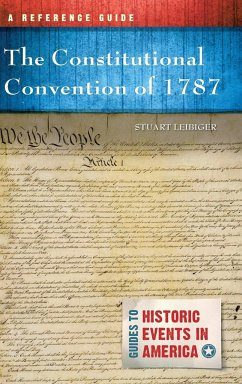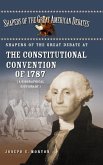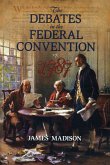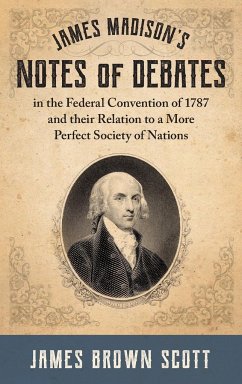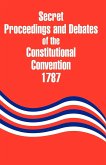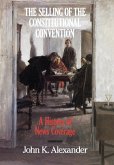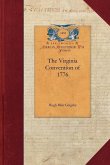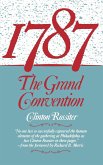This history of the 1787 Constitutional Convention uses a chronological narrative format to capture the complexity, messiness, and unfolding daily drama behind the writing of the U.S. Constitution, as well as the role of contingency in that process. The Framers of the U.S. Constitution designed a novel republican form of government to replace the failing Confederation, one that would divide power between the federal government and the states, launching a new phase of the American "experiment" in representative democracy. Not until the end of the American Civil War, nearly a century later, would it become clear, as Abraham Lincoln put it in his Gettysburg Address, "that government of the people, by the people, for the people shall not perish from the earth." The Constitutional Convention of 1787: A Reference Guide provides an invaluable guide covering the background to the convention, the convention itself, the ratification of the Constitution, and the adoption of the Bill of Rights. In addition to the narrative itself, the story of the convention is supplemented with a detailed chronology, a rich selection of primary source documents, 15 biographical sketches of convention delegates, and a comprehensive bibliographical essay. Based largely on primary sources, the book also weighs in on some of the historiographical debates that have taken place among scholars about the convention.

